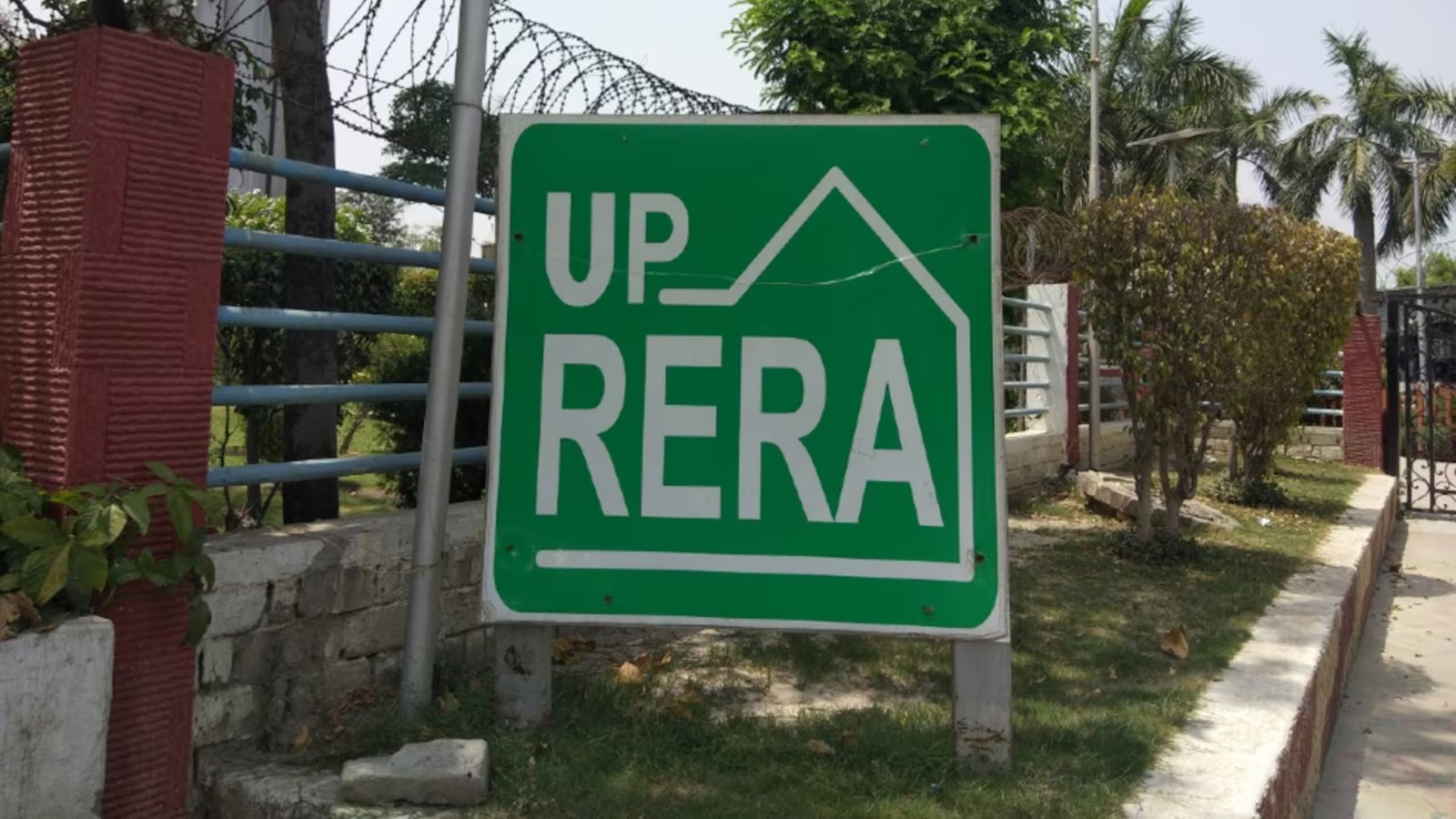Main
JLL: Tips for first-time residential landlords




India’s cities are growing and creating wide spectrum of opportunities. This means that there are a lot of people flocking to these cities in search of jobs, higher studies or just for a more cosmopolitan lifestyle. In other words, today’s real estate market is flooded with prospective renters. The sky-high property prices in the larger cities are keeping the ‘buy’ option out of the reach of the common man, so the rental market is booming.
Not surprisingly, countless investors are invested in or entering rental real estate. Their objective is to purchase homes and then rent them to tenants. The problem is that many first-time landlords are unaware of the potential risks associated with renting out a property – particularly a residence. Renting out a house in India does not always result in smooth sailing – if not approached diligently, it can become a serious headache – and often a nightmare.
The most common problems that first-time landlords encounter include:
· Finding new tenants, especially the right kind
· Delay in payment of rent
· Misuse of the property by the tenant
· Tenants refusing to vacate
· Tenants not paying maintenance fees (if the rental agreement requires them to).
As the rental season has just begun in India, the time is right to examine the points that a first time landlord should keep in mind while renting out a house to avoid hassles later.
Deciding On The Rent
It is always essential to ascertain the correct rental amount for your property. In such a competitive market, you cannot ask for more than the prevailing market rate. To ascertain this, you need to do a thorough check of the area’s current rental rates, and price your rent competitively. Only if your property is well-maintained, fully furnished and offers that extra ‘luxe’ factor can you can charge a consummate premium – and even that needs to be logically calibrated.
Getting The Property Insured
A savvy landlord gets his rental property fully insured. A landlord is always at risk because he is not the one controlling the property, but the tenant. Landlords should consult with their insurance agent to ensure they have the maximum amount of liability coverage for their property.
Listing The Property
Once you have decided the rental amount for your property, the next step is to list the property on the market. You can do that by either listing on online portals or by contacting local agents. If your rental property is an upscale apartment or a bungalow which will fetch a higher rental, a property consultancy should be roped in to help you with the leasing.
Drafting the rental agreement
Every rental agreement should be in writing and registered. The rental agreement should provide the term of the lease, monthly rental amount and security deposit. It should specify also all the terms and conditions such as who will pay for utilities water, electricity and maintenance charges. The purpose of tenancy should be clearly mentioned, such as whether the property is being used for commercial or residential purpose. If the rental agreement is set to expire and you and the tenant agree to extend the term of the lease for a specific period, then the extension should be in writing.
Registering the agreement
After preparing the agreement, the most important task is to get it registered. It is necessary to register the rental agreement because only then it can be used as evidence in the court in case of any legal action. The amount to be paid for registration and the stamp duty may be borne by the landlord, or it can be paid mutually depending on the situation.
Police verification
This is one of the most essential parts of the process which helps in background check of the tenant. Not running a background check is a punishable offence under Section 188 of the Indian Penal Code. The landlord has to fill the verification form, obtainable from the state police department website. It must then be submitted to the local police station along with identification proof of the tenant. The local police then conduct the background check and give approval for the rental agreement.
Non-discrimination against prospective tenants
A savvy landlord will not discriminate among potential tenants on the basis matters such as religion, gender, familial status, profession or dietary preferences. There are certain situations where refusal to rent out the property is justified, but this at best a grey area and every instance of refusal needs sound justification in the eye of the law.
-



 News3 weeks ago
News3 weeks agoKW Delhi 6 Mall Onboards New Brands
-



 News4 weeks ago
News4 weeks agoManasum Senior Living Launches IKIGAI GOA, A Senior Living Community in North Goa, in collaboration with Prescon Homes
-



 News2 weeks ago
News2 weeks agoGodrej Properties Sells Rs 3k cr+ Homes of Godrej Zenith, Gurugram, within 3 days
-



 News4 weeks ago
News4 weeks agoBridging India Divide: Top 5 Tier- 2 Cities to Focus On
-



 News3 weeks ago
News3 weeks agoCommercial Realty Gets Tech Savvy: Fast Construction, Enhanced Convenience
-



 News4 weeks ago
News4 weeks agoMultipoint Connection – A Definite Boon
-



 News3 weeks ago
News3 weeks agoRBI’s Status Quo on Key Policy Rates to Help Maintain the Real Estate Growth Momentum, Say Industry Stalwarts
-



 News1 week ago
News1 week agoOlive Announces Dhruv Kalro as Co-Founder
























